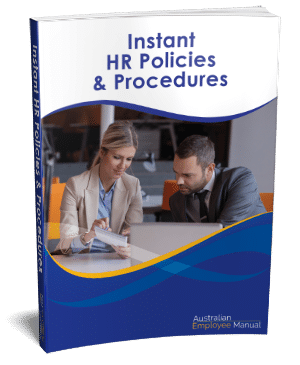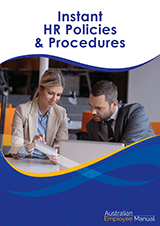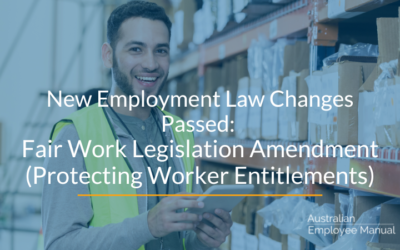A common small business HR problem area that regularly ends up before industrial tribunals or is picked up by workplace inspectors relates to payment for time worked.
The problem is they don’t take into account what is defined as time worked by workplace regulations.
Time worked includes:
- Time spent preparing a shop for trading (e.g. placing jewellery in windows).
- Time spent to close the business after trading hours (e.g. counting tills, restocking work vans).
- Team meetings or toolbox talks outside scheduled working hours.
- Performance review meetings or other one-on-one meetings outside scheduled working hours.
- Compulsory training sessions, courses or days including mandatory online training completed at home(e.g. supplier or product briefings, induction training, first aid training).
- Travelling during working hours as part of your employment role (e.g. driving from job to job).
- Compulsory attendance at a work function (e.g. staff Christmas parties).
- Asking a casual or part-time employee to come in on a non-rostered day, or a full-time employee on a rostered day off to come in to attend a meeting.
The question of whether attendance at out of hours training or meetings is compulsory often is hotly debated by employers. You must pay for your employee’s attendance unless it is truly voluntary and there are no repercussions or consequences towards the employee for not attending. This includes snarky or pointed comments, or cutting back on their rostered hours!
You also can’t get away with providing a meal or drinks and not
Another common question is can you give employees time in lieu instead of paying for their attendance. This needs to be dealt with on a case by case basis as there is no blanket rule that applies. Some industrial awards or agreements allow this to occur with the consent of both parties. If you have genuinely award free employees, then you may want to consider including this in your employment contracts with them.
If it makes it any easier, even big companies struggle with getting this right. Super AMart was forced to back pay 877 employees a total of $1.376 million between March 2006 and March 2010 for not correctly paying for all time worked. The average back pay owed per employee was $1500. Imagine having to work that into your balance sheet!
For more information, check out Fair Work Australia.




